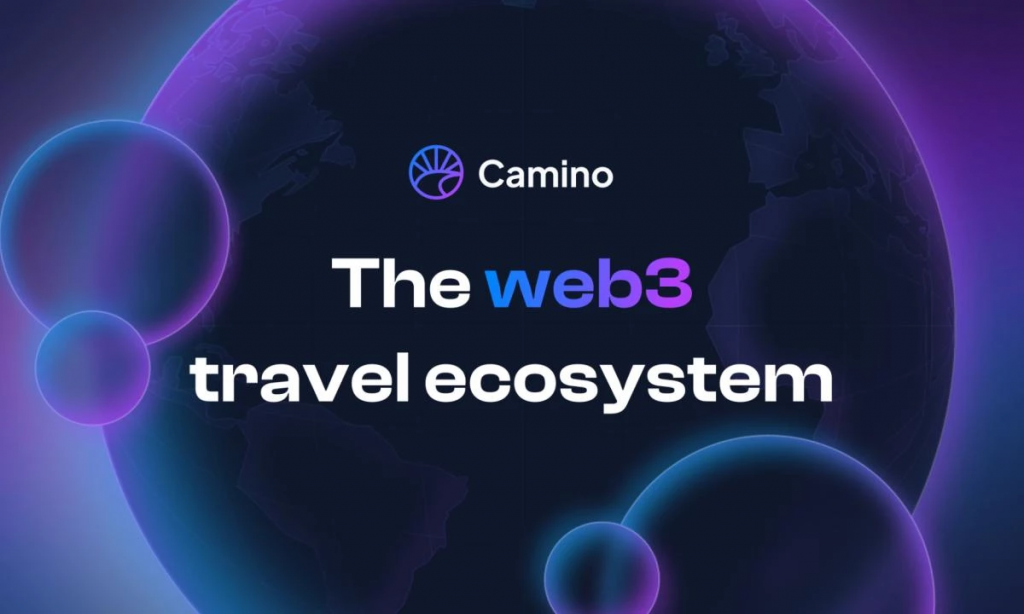Web3 is revolutionizing the travel industry, enabling transparent hotel reservations, authentic activity reviews, and improved flight scheduling. Through blockchain technology, travel businesses are experiencing a new, decentralized operational model, fostering innovation and growth.
The Rise of Web3-Powered Travel
Over a year ago, Camino Network launched as a layer-1 blockchain tailored for the travel sector. The travel industry quickly adopted Camino Network, resulting in significant growth in validators, use cases, transactions, supporters, and hackathons.
The Foundation of Web3 Travel
The travel industry requires meticulous innovation, supported by a legal entity to represent the technology. This need led to the creation of the Camino Network Foundation, a Switzerland-based nonprofit responsible for the sustainable and compliant growth of the Camino Network ecosystem.
The Foundation’s white paper outlines how Camino Network will drive innovation in the travel industry. It details the technical framework for the network, emphasizing efficient payment processing and data handling on the same protocol.
Industry Support and Real-World Applications
Camino Network’s vision has quickly gained traction with major travel industry players. Giants like TUI, Lufthansa, Miles & More, and Eurowings have become blockchain validators, actively participating in processing travel-related data and transactions.

The robust tech infrastructure of Camino Network has inspired developers worldwide to create decentralized applications (DApps) focused on travel:
- Sleap.io: A blockchain-based hotel booking platform offering over 350,000 hotels globally and accepting over 250 cryptocurrencies.
- VisitorApp: A blockchain-based ticketing app integrating regional attractions into global travel experiences.
- GroundSync: A Web3 app for the aviation industry aimed at reducing flight delays.
- DevestFinance: An investment platform for fractional ownership of assets, facilitating capital inflows into the tourism industry.
- CaminoScan: A community-built project providing easy access to on-chain data on Camino Network and its testnet.
These DApps and more are being developed and tested by major travel companies to provide travelers with seamless experiences. The travel industry now routinely embraces innovation through hackathons supported by Camino Network Foundation, enabling businesses to explore and implement Web3 solutions.
Instant Global Access with Web3
One of the primary goals of technological innovation is accessibility, and blockchain is no exception. Camino Network introduced Camino Messenger, a blockchain-based global instant communication system. This business-to-business Web3 application enables information exchange on the same protocol as payment transactions, lowering the barrier for travel companies to sync globally.
Transactions on Camino Messenger are processed via CAM, the native token of Camino Network. CAM is classified as a hybrid token, serving both as a payment and utility token within the layer-1 blockchain for global travel, currently in its public sale phase.
The Future of Travel with Web3 and Blockchain
Web3 and blockchain technologies are set to revolutionize the travel industry by creating more interconnected, efficient, and user-centric experiences. As the digital realm grows alongside the travel sector, the demand for connected, secure, and efficient processes is paramount.
Camino Network is well-positioned as the foundational infrastructure for the multi-trillion-dollar global travel industry. Its decentralized approach promises enhanced operational efficiency and a sustainable, inclusive travel ecosystem, making every journey smoother and more accessible.



